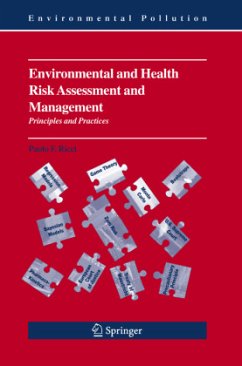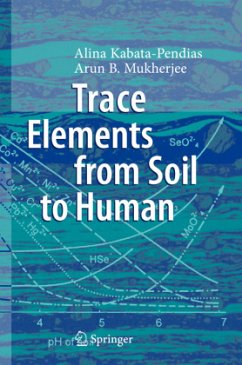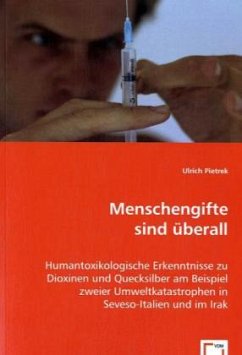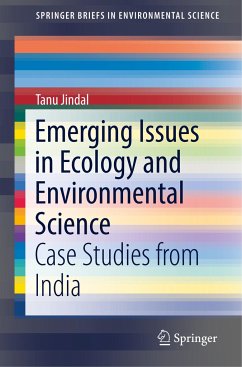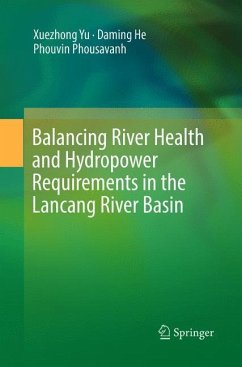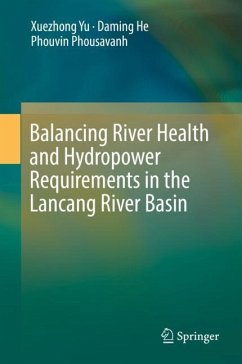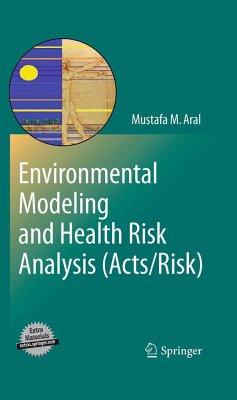
Environmental Health Impacts of Transport and Mobility

PAYBACK Punkte
77 °P sammeln!
Transport and mobility are essential parts of the current organization of society. Complex activities are interwoven in such a way that problems occurring from the actual process of constant movement cannot be separated, as they are so tightly interconnected.
This book examines the health effects of transport and mobility by addressing the major issues related to the subject and analyzing their consequences. Thus not only are air pollution, noise, and sedentarism and its related endocrine problems discussed, but topics such as jet-lag, accidents and violent displacement are also addressed. The strength of this book over others in the field lies in its multidisciplinary approach to the issues by a number of experts in different scientific fields who are documenting the health effects of transport and mobility. Moreover, it enhances the understanding of the issues by integrating information from different geographical regions.
This book examines the health effects of transport and mobility by addressing the major issues related to the subject and analyzing their consequences. Thus not only are air pollution, noise, and sedentarism and its related endocrine problems discussed, but topics such as jet-lag, accidents and violent displacement are also addressed. The strength of this book over others in the field lies in its multidisciplinary approach to the issues by a number of experts in different scientific fields who are documenting the health effects of transport and mobility. Moreover, it enhances the understanding of the issues by integrating information from different geographical regions.
The day I became the Flemish Minister for Mobility in 1999, my region of Flanders was one of the poorest students of the "EU class" for traffic safety. This was in spite of a variety of measures taken by previous governments, to improve traffic and safety because of unsafe driving behaviour and to reduce the emissions of traff- related pollutants. In this context, I focussed on one specific aspect of traffic safety: the number of traffic deaths and injuries on the roads. My intention was to raise a broad societal debate on mobility. It seemed to me that the most complex issue was to convince those people who are most intimately related to their cars, to leave their vehicles at home. After decades with slogans such as "My car, my freedom" it is politically impossible to withdraw this "freedom" on the basis of ecological arguments. I often noticed that although the majority of the population wants a cleaner environment, the same majority is convinced that 'pollution is caused by others'. Moreover, the most important environmental problems tend to appear only in the long term. In contrast, the numerous, mainly young, victims on the road, among them the dead and the seriously injured youngsters from 'weekend' accidents are immediately visible. In 2001, Flanders totalled 848 road-accident deaths, 7725 seriously injured persons and 39070 minor injuries, from a total population of 6 million people. These are only the recorded figures.





